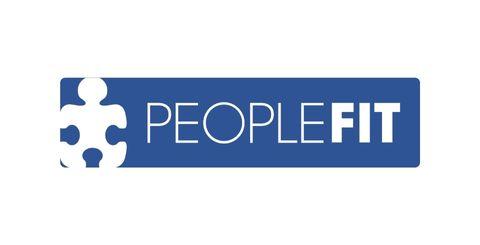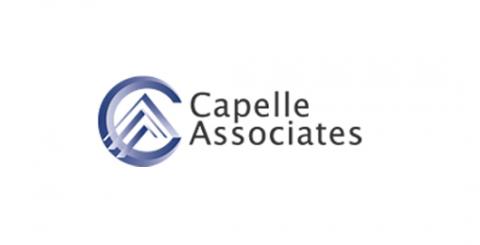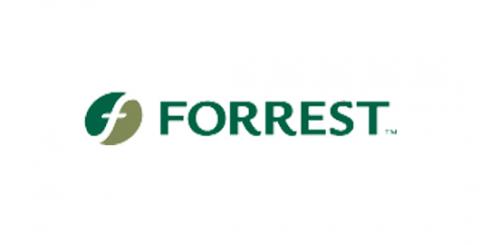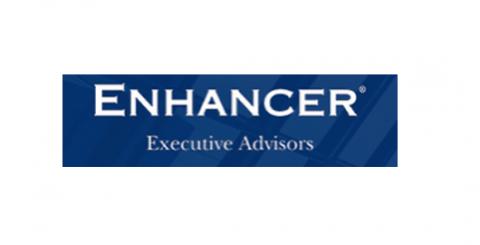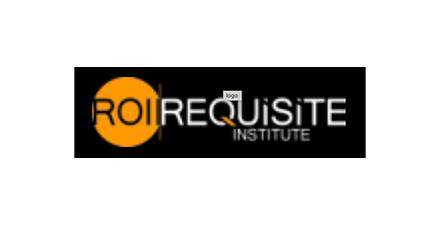
Contributions to Major Projects with Glacier Institute
Speaker A The main work initially at Brunel and I was in virtually practically at the beginning, was, of course in the hospital service. And that proved a great it a great learning place for Elliot an...
Transcript of the presentation video
NOTE: This transcript of the video was created by AI to enable Google's crawlers to search the video content. It may be expected to be only 96% accurate.
Speaker A The main work initially at Brunel and I was in virtually practically at the beginning, was, of course in the hospital service. And that proved a great it a great learning place for Elliot and the rest of us because the first thing we tried was to fit the glacier metal into hospitals and to our chagrin, it really didn't work. There seemed to be, in many hospitals, three people who might claim to be chief executive, the leading doctor, the so called chief administrator, as the term was in those days, and even the senior matron. Gradually we teased out Sam. First of all, we came to see that hospital organization is just not like industrial organization. There are important differences, as there are when you move to other fields later on, Julian, Stamp and Elliot were to move into the field of the Church of England and clearly saw that a straightforward glacier model would be missing most of the richness. Yes, out of the hospital, the initial hospital work, some of the things that emerged were new working relationship forms which we discovered and formulated. I like to think I had quite a part in this to which we gave the title as monitoring coordinating. It allowed us to see organisation in a much richer pattern. And we were able to see, for example, that the hospital consultants, the chief doctors consultants, as we call them in Britain, although they didn't have straightforward bosses in the industrial sense, nevertheless their work could be directed and controlled. Through relationships such as monitoring to see that they didn't go outside well established clinical and conventional boundaries and coordinating to try desperately, as all hospital administrators do, to bring the work of the doctors into some better relationship with all the other professions that work in hospitals and with each other in social services social welfare organizations. That is which we came to second. We got some interesting new material on multidisciplinary team work, which was a great idol. Everybody worshipped the shrine of the multidisciplinary team, but which in fact hid 1000 jealousies problems, rivalries and inequalities. And looking across both social services and health services was very valuable because many of these multidisciplinary teams involved social workers on the one hand, doctors, nurses, clinical psychologists on the other. And we were able to do a lot of clarifying work on the various models of multidisciplinary teams to give people choices. One of the things we pointed out to them was it was all very nice to talk about equality of team membership. Why was it we asked with our tongue in our cheeks, so to speak, if that's possible, why was it that the doctors appeared to be paying be being paid three times as much as these so called equal social workers or nurses s they were just not facing up to certain realities. That occurs to me as one of the richest areas in the social welfare field.

Major organizations and consulting firms that provide Requisite Organization-based services




